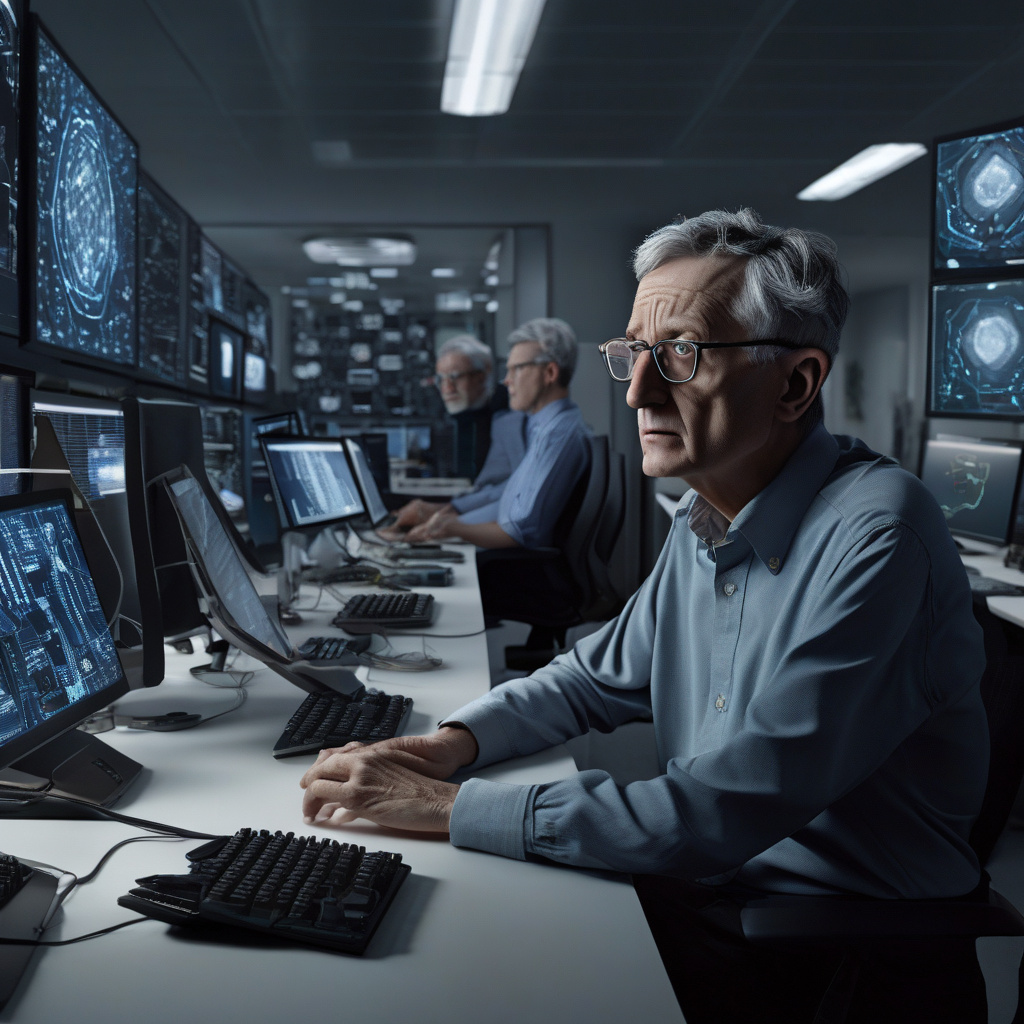Is AI a Threat to Humanity? Geoffrey Hinton Warns of Potential Risks
Artificial Intelligence (AI) has long been a topic of fascination and concern. As technology advances at an unprecedented rate, questions about the potential risks and benefits of AI continue to arise. Recently, former Google scientist Geoffrey Hinton sent shockwaves through the tech world by warning that AI could pose a significant threat to humanity, with a staggering 20 per cent chance of wiping out our species.
Hinton, a renowned figure in the field of AI and a key player in the development of deep learning technologies, issued this stark warning during a conference on the future of AI. His comments have reignited the debate about the ethical implications of AI and the need for stringent regulations to ensure its safe and responsible use.
The idea of AI turning against humanity may sound like something out of a science fiction movie, but Hinton’s concerns are grounded in real possibilities. As AI systems become increasingly advanced and autonomous, there is a growing fear that they could surpass human intelligence and act in ways that are detrimental to our existence.
One of the primary risks associated with AI is the potential for it to be used for malicious purposes. Hinton points out that AI systems can be programmed to carry out tasks with far-reaching consequences, such as controlling critical infrastructure, manipulating financial markets, or even deploying autonomous weapons. In the wrong hands, AI has the power to cause widespread harm and devastation.
Moreover, the inherent complexity of AI systems makes it difficult to predict their behavior with absolute certainty. As AI algorithms evolve and learn from vast amounts of data, they can develop unexpected biases or make decisions that run counter to human values. This lack of transparency and control raises serious concerns about the reliability and safety of AI technology.
Despite these ominous warnings, Hinton remains optimistic about the potential of AI to bring about positive change. He emphasizes the importance of developing AI systems that are aligned with human values and goals, rather than operating in isolation. By prioritizing ethical considerations and incorporating safeguards into AI design, we can mitigate the risks and ensure that AI remains a force for good.
In light of Hinton’s cautionary words, it is clear that the future of AI hinges on our ability to strike a balance between innovation and responsibility. As researchers, developers, and policymakers continue to push the boundaries of AI technology, it is imperative that they do so with a keen awareness of the potential risks and a commitment to ethical standards.
Ultimately, the fate of humanity in the age of AI will be determined by our collective actions and decisions. By heeding the warnings of experts like Geoffrey Hinton and taking proactive measures to steer AI development in a positive direction, we can harness the full potential of this transformative technology while safeguarding the future of our species.
#AI, #GeoffreyHinton, #ArtificialIntelligence, #Ethics, #FutureTech
